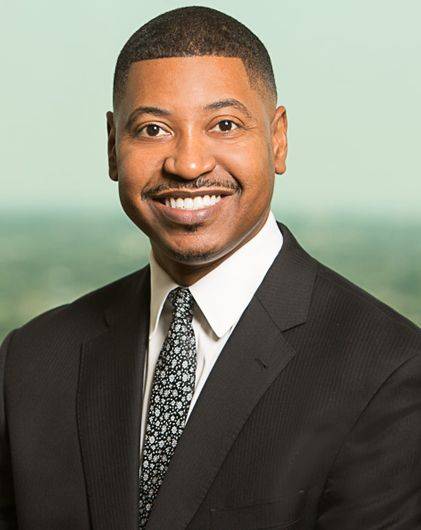Higher Ed on Alert: Visa Vetting Overhaul Threatens Fall Enrollment of International Students
Effective June 26, the U.S. Department of State (DOS) has required U.S. consulates to expand social media vetting for all F, M, and J visa applicants (students and exchange visitors) before issuing visas allowing them to enter the United States to attend school. This policy change likely will delay F-1 students and J-1 physicians who plan to enter the United States for the fall 2025 semester.
These visa applicants now need to make their social media accounts public so consular officers can investigate their entire online presence to identify "potentially derogatory information." The federal government will screen foreign students and foreign medical graduates for political activism, terrorism support, anti-Semitic activities, or "hostile attitudes" toward the United States. Almost all of these visa applicants will be placed in administrative processing while their background screenings are completed.
While foreign medical graduates seeking to enter in J-1 status will be given priority treatment, F-1 students who seek to attend American colleges and universities with international students making up more than15% of the overall student population will likely experience visa delays.
American colleges and universities should prepare their international students and foreign medical graduates for this recent change. They also should also train Designated School Officials (DSO) to help international students and foreign medical graduates in the next month. Colleges and universities also need to make contingency plans in case their international students cannot enter the United States for the fall semester.
Key Takeaways from the New Vetting Standard
- F, M, and J visa applications will undergo a three-step process involving standard eligibility review followed by enhanced vetting under INA 221(g) administrative processing.
- Consulates will now impose much stricter social media and online presence vetting for FMJ visa applicants.
- FMJ visa applicants must make their social media profiles public and may experience visa denials if any “potentially derogatory information” information is discovered in their profiles.
- Consulates will prioritize expedited visa appointments of foreign-born physicians participating in a medical program through exchange visas, as well as student applicants looking to study in a U.S. university where international students constitute less than 15% of the total population.
The changes align with the federal government’s stated policy of denying visa issuance to international academics who have views or associates that are contrary to the American national interest.
Impact of New Vetting on FMJ Visa Scheduling Capacity
The State Department stopped processing FMJ visas in May to allow the federal government to formulate these new guidelines. Although the new policy directs consulates to resume regular scheduling of FMJ visa applications, visa processing capacity timelines will suffer while consulates comply with the new rules.
The DOS guidelines explain that consulates should:
- "Consider the effect of this guidance on workload and schedule accordingly" and
- "Consider overall scheduling volume and the resource demands of appropriate vetting; posts might need to schedule fewer FMJ cases than they did previously."
Expedited Appointment Priorities for J-1 Physicians and F-1 Students
The new guidance says that consulates can resume FMJ expedited appointment requests, but that they should prioritize making expedited appointments available to:
- J-1 physicians and
- F-1 students seeking to study at a U.S. university where international students constitute 15% or less of the total student population, according to the U.S. Department of Education.
Consulates are not Obligated to Finish By the Time the Fall 2025 Semester Begins
The DOS guidance also tells consular managers that they must "not maintain or establish any formal or informal production or processing quotas or targets for consular officers or those involved in administrative processing of visa cases. Rather, consular officers have been given discretion to take the time necessary to satisfy themselves that visa applicants qualify for the visas they seek, and personnel involved in back-office processing shall take the time necessary to perform their tasks thoroughly."
Expect Delays
The new vetting standards from DOS will impact scores of foreign nationals who seek to enter the United States. Students should closely manage their digital footprint and association with people or organizations that might trigger denial based on the new standards. Universities should communicate with the U.S. Department of Education to verify the demographic makeup of their student bodies, especially where foreign nationals comprise more than 15% of the student population. Since visa denials are now more likely to occur, school officials should also prepare to work with universities to offer remote learning alternatives to students who are denied admission.
Please contact Brandon Davis or any member of the Phelps Immigration and Education teams if you have questions or need advice or guidance.


